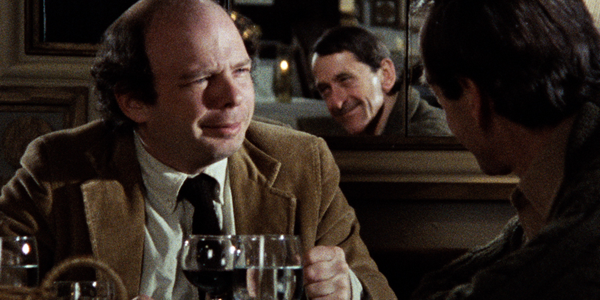Roger Ebert's 50 Greatest Film Reviews
46. No Country For Old Men (2007) -
Directors: Joel and Ethan Coen

45. Mommie Dearest (1981) -
Director: Frank Perry
Occasionally the essence of one of Roger Ebert's reviews could be boiled down to a single sentence. Take this one, for example, from his review of Mommie Dearest:
I can't imagine who would want to subject themselves to this movie.
44. My Dinner With Andre (1981) -
Director: Louis Malle
43. Touch of Evil (1958) -
Director: Orson Welles